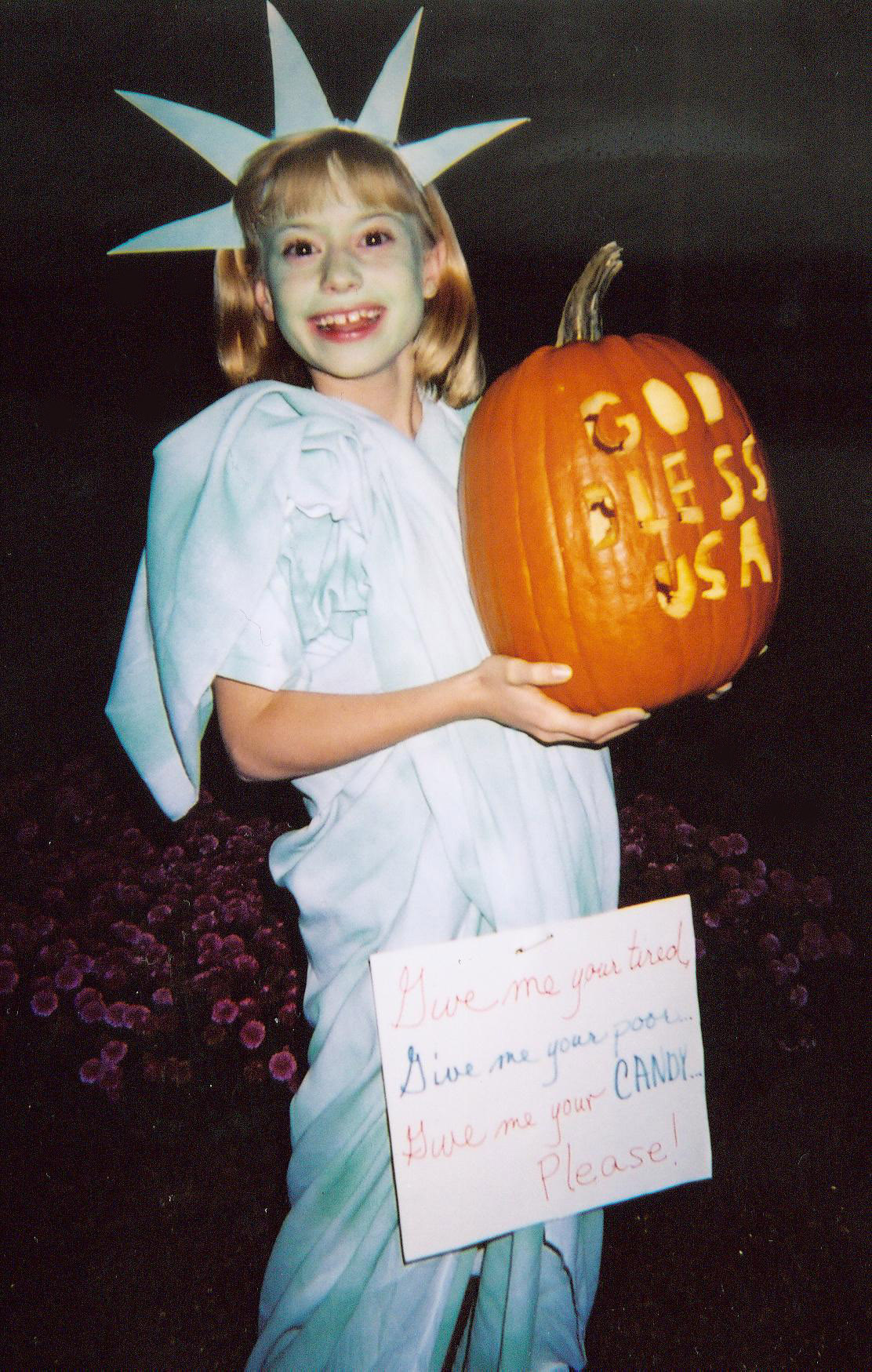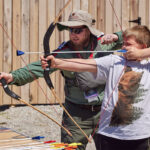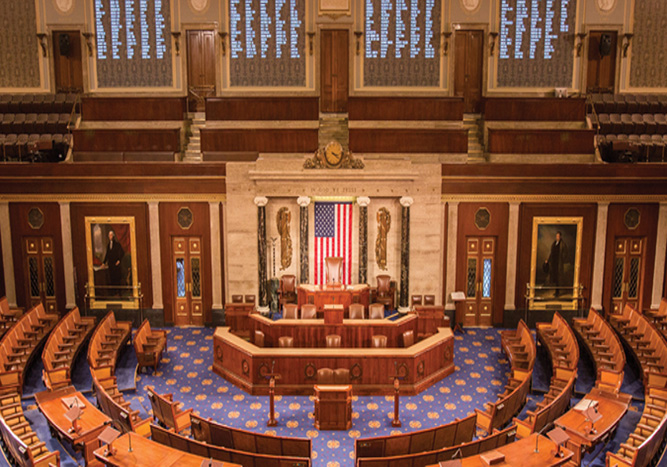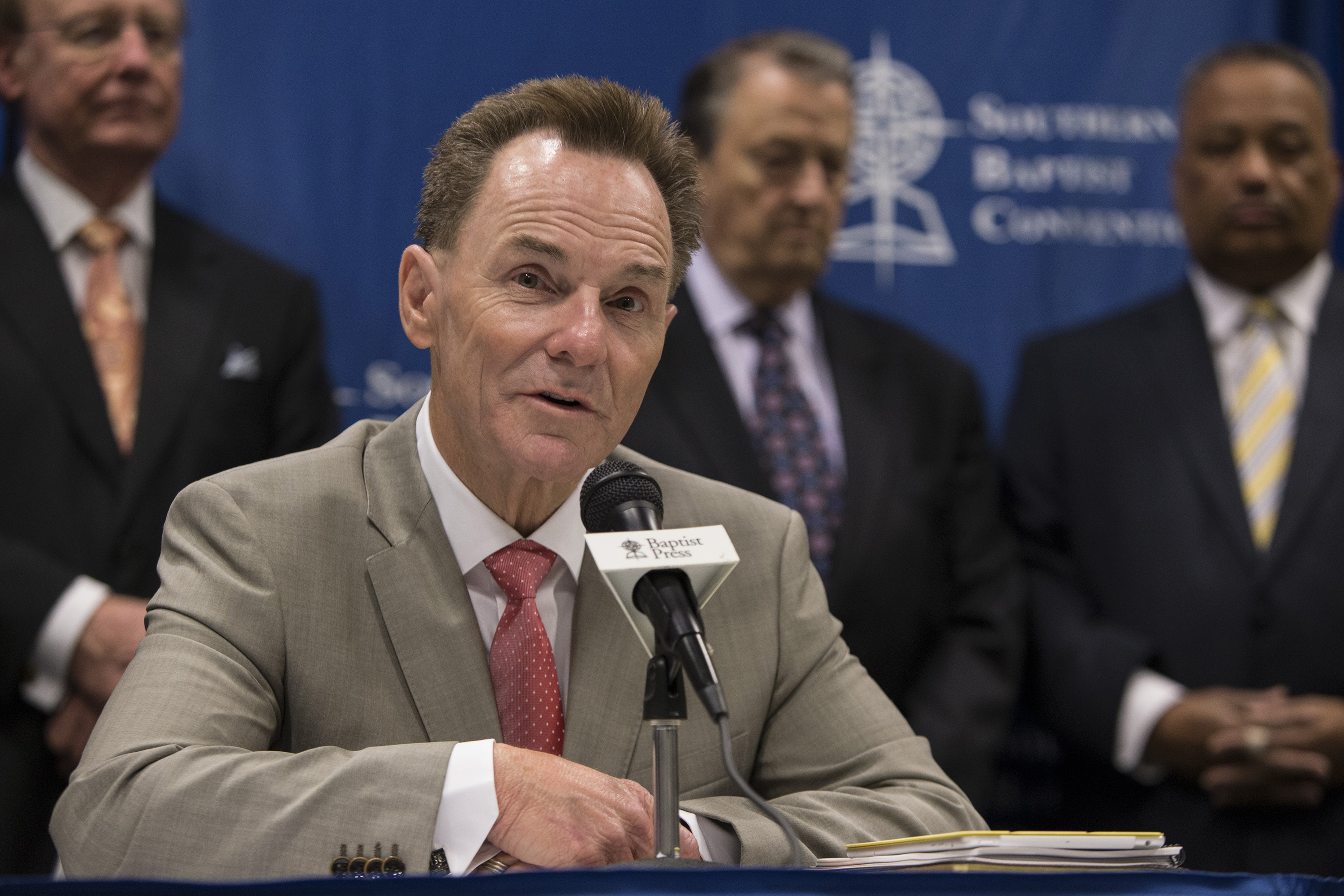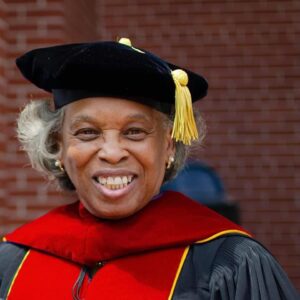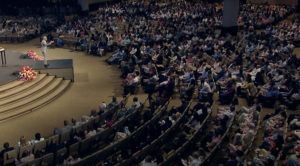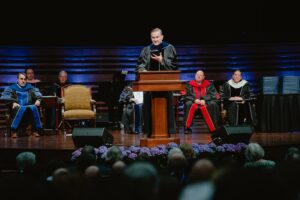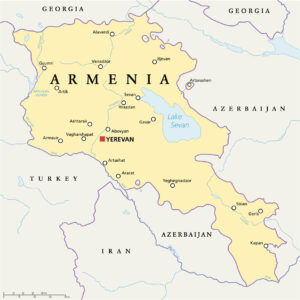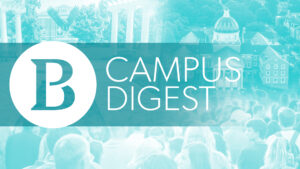
WASHINGTON (BP)–The restoration of prayer and references to God to places of prominence in American life has occurred since the Sept. 11 terrorist attacks despite the protests, though limited, of some civil liberties and church-state organizations.
“God Bless America,” both as a phrase and song, has been revived as a common part of the American culture, beginning most notably with members of Congress singing the Irving Berlin song on the steps of the Capitol on the same day as the murderous strikes. The Pledge of Allegiance, with its “one nation under God” language, has become a more frequent and solemn experience. Prayer, and calls for times of prayer, have been prevalent.
While a few church-state and civil liberties groups have contested some of these public activities, their opposition has seemed uncharacteristically muted in the midst of an outpouring of religious and patriotic expression since terrorists seized airliners to kill thousands of Americans.
“I think that the seismic shift in American culture that was brought about by the terrible events of Sept. 11 is illustrated by Americans’ increasing desire and insistence that they are going to express their patriotism and their religious convictions in the public square,” said Richard Land, president of the Southern Baptist Ethics & Religious Liberty Commission. “They are just simply not going to allow the would-be secularists, would-be censors to continue to attempt to stifle their First Amendment right to free expression and free exercise of their religious convictions. I think many Americans have been gratified to discover that so many of their fellow citizens share their desire and insistence.”
The following actions have been part of this national response amid suffering:
— President Bush proclaimed Sept. 14 a National Day of Prayer and Remembrance for the Victims of the Terrorist Attacks and spoke at a nationally televised service that day at the National Cathedral in Washington.
— The U.S. House of Representatives approved a resolution providing for a National Day of Reconciliation. By voice vote Oct. 22, the representatives passed House Concurrent Resolution 184, which would allow congressmen and senators to meet together voluntarily in the House chamber for prayer, repentance and reconciliation. Although the resolution was in the works before Sept. 11, the tragedy provided increased impetus. The Senate has yet to act on a companion measure, Senate Concurrent Resolution 15.
— The House adopted in a 404-0 vote a nonbinding resolution encouraging the display of the words “God Bless America” in public schools. Representatives approved House Concurrent Resolution 248 Oct. 16 in the wake of reports the display of the message had been censored at some schools, sometimes at the instigation of organizations such as the ACLU and the Freedom From Religion Foundation.
— The school board in Madison, Wis., one of the more liberal cities in the country, reversed itself after voting in opposition to students reciting the Pledge of Allegiance. The board reportedly cited the phrase “one nation under God” as a primary reason for opposing use of the pledge. Massive community resistance prompted the board to vote 6-1 Oct. 16 to rescind its original action.
— At the encouragement of Secretary of Education Roderick Paige, many of the country’s elementary and secondary students pledged allegiance to the flag at school Oct. 12.
— Texas Gov. Rick Perry, a Republican, defended prayer in school after appearing at a middle school assembly in which a Baptist pastor prayed. It appeared to be the kind of event the U.S. Supreme Court has ruled is in conflict with the Constitution. “Anytime you have a crisis that faces you either in your personal life or as we have now in our country, reaching out to a supreme being is a very normal act,” Perry said Oct. 22, according to The Dallas Morning News. “Why can’t we say a prayer at a football game or a patriotic event like we held at Palestine Middle School? I don’t understand the logic of that. I happen to think it was appropriate.” He said opponents of such prayers should be tolerant. “I think what people are concerned about is that their ability to say their prayer, whether they are Jewish or Muslim or Christian or whatever, is being impeded by a very small minority,” Perry said.
In addition, untold numbers of community prayer events have populated the landscape and reverential uses of God’s name have turned up on the airwaves.
“As we have sought the strength to cope with the horror of the terrorist bombings,” the ERLC’s Land said, “we have found that strength in the faith of our fathers.”
Attempts to influence schools to remove “God Bless America” from signs and marquees prompted the American Center for Law and Justice to offer its services to any school threatened with legal action for permitting such expressions. ACLJ also sent a letter to all 50 state school superintendents informing them the use of phrases such as “God Bless America,” “In God We Trust” and “One Nation Under God” is not a violation of the First Amendment.
“It is clear there are organizations that are determined to censor out any mention of God in our nation’s public schools,” said ACLJ Chief Counsel Jay Sekulow. “We want to assure school districts that there is no constitutional crisis created” when they post signs such as “God Bless America” or when students say the Pledge of Allegiance, he said.
While the ACLU and others have criticized the appearance of “God Bless America” at schools, Americans United for Separation of Church and State questioned why Congress would take time to encourage the posting of that message.
“I think they have their priorities out of line,” AU Executive Director Barry Lynn said after the House adopted its “God Bless America” resolution. “I am disappointed that the House leadership would devote time and attention to a resolution like this when our country faces critical issues of national security such as airline safety and bio-terrorism.”
The “secularists” had to be “terribly disappointed” at an Oct. 29 Supreme Court action as well, Land said.
The high court announced it would not review but would allow to remain in effect a Virginia law requiring a minute of silence in public schools. The law, enacted last year, mandates schools establish a minute each day in which students may “meditate, pray or engage in any other silent activity which does not interfere with, distract or impede” other students.
“For a state to have legislation that requires a moment of silence where people are free to think whatever thoughts they want, spiritual or otherwise, is an accommodation of citizens’ right to free expression, not sponsorship of religion,” Land said. “And clearly the Supreme Court has rejected, as it should, the secularists’ arguments that such a moment of silence amounts to a defacto establishment of religion.”
–30–
(BP) photo posted in the BP Photo Library at https://www.bpnews.net. Photo title: MISS LIBERTY.
